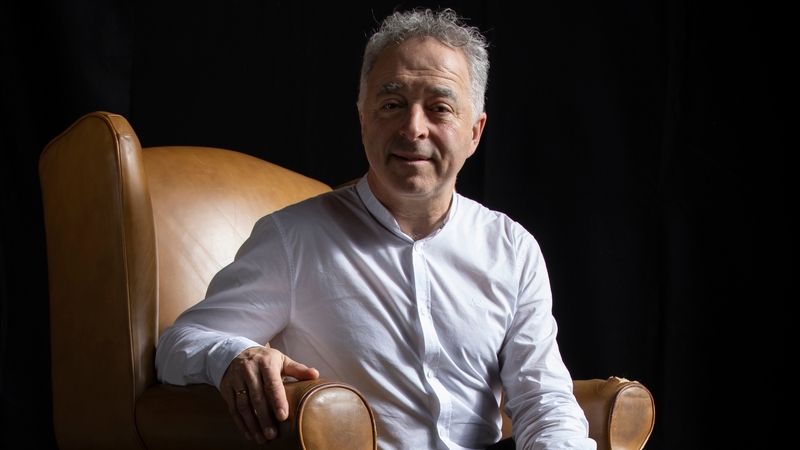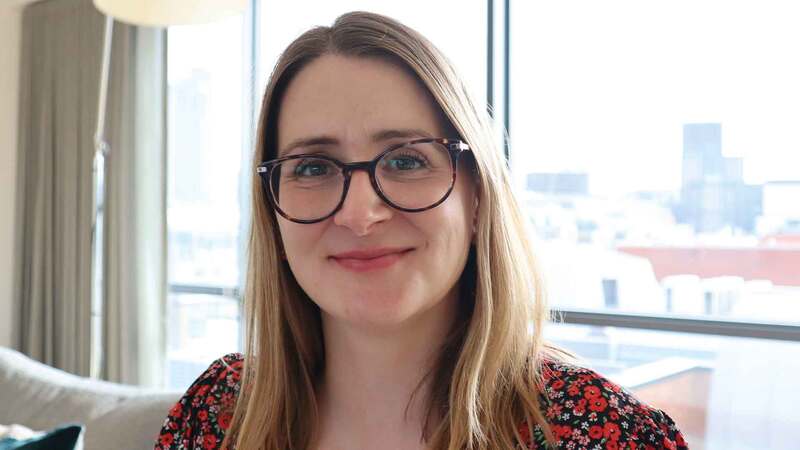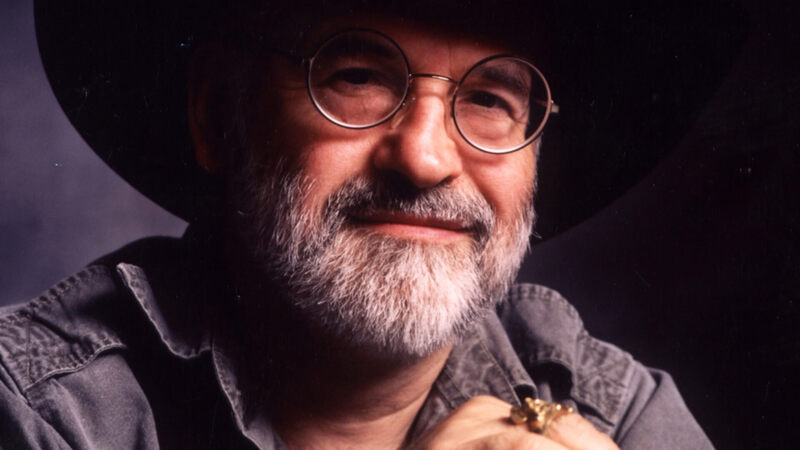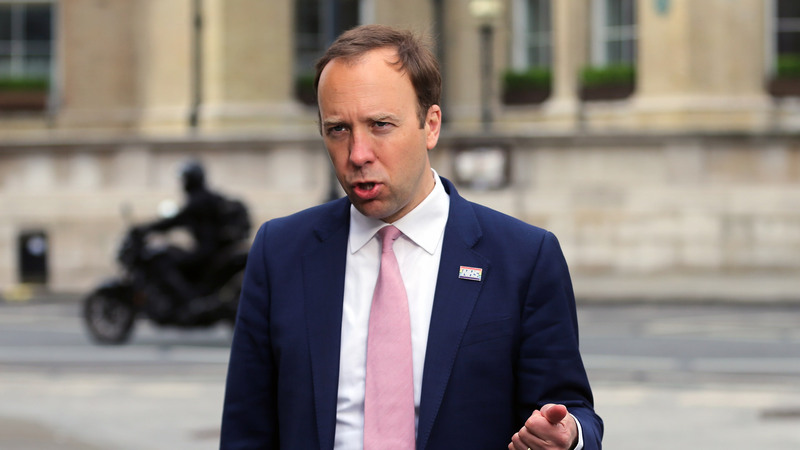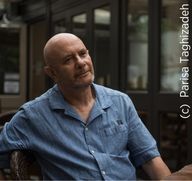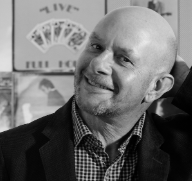You are viewing your 1 free article this month. Login to read more articles.
PRH UK launches 'creative responsibility manifesto'
Penguin Random House has launched a "Creative Responsibility Manifesto", which includes a formal programme to improve diversity, in a bid to become a “force for good in society above and beyond” the books it produces.
The publishing house hopes the 10-point plan will effect change, energise staff and make its identity distinctive to both authors and readers.
PRH is also beginning a three-year partnership with London creative writing charity Ministry of Stories, co-founded by Nick Hornby, which will see it take reading programmes nationwide through new developments in Rotherham, Edinburgh and Brighton.
PRH UK c.e.o. Tom Weldon explained: “When our merger happened—and by the way, all of this is incredibly important to me personally, and really matters—I thought a publisher of our size really could be a force for good in society above and beyond the books we publish. That positive social impact should be measured, in terms of how successful we are at it, in the same way we measure profitability and market share; and that it should be central to our identity, inform and shape everything we do and be part of the DNA of the company, not just something we do on a Friday afternoon once a month.”
He added: “I think there is a real commercial imperative to being a force for good in society, because if we want to survive and prosper in the long term as a business, we need to add value both to the business and to society as a whole.”
Siena Parker, who previously worked in corporate responsibility at Heineken, was brought into the company to formulate its plans. Talks with PRH staff and external stakeholders (booksellers, authors, agents) showed people thought PRH should focus on one important issue where it could mobilise all its resources; “closing the creativity gap” was the issue chosen.
Weldon explained: “As society and business become more complex in the digital revolution, people are increasingly thinking you have to develop your creative potential to survive and thrive in life—creative people come up with great solutions. But some people in Britain, for whatever reason—ethnicity, background, geography—don’t have a chance to fulfil their creative potential. We want to help close that gap. We feel it is pertinent to PRH as creativity drives our organisation, we think about creativity every day.”
Headlining the plan is the partnership with Ministry of Stories, the east London children’s charity co-founded by Penguin author Nick Hornby. PRH will commit £75,000 of core funding to support it as Ministry looks to take its programmes nationwide through new developments in Rotherham, Edinburgh and Brighton. Staffers have been challenged to fundraise a further £100,000 this year and to offer their skills and expertise to help the charity, as well as rally authors to get involved with Ministry’s creative writing workshops.
The launch of Ministry of Stories' The Children's Republic of Shoreditch project
In a second strand to the campaign, PRH is embarking on a determined effort to make its own workforce more inclusive. A staff survey will ensure it has robust data on its own employees and everyone in the company will undergo “unconscious bias” training to eradicate hidden prejudices. A full-time staffer will supervise the 600 work experience placements that are completed at the company each year.
“It would be fair to say, certainly at PRH and perhaps across the whole industry, that we have been a bit ad hoc about work placement,” said Weldon. “And now we want to put a consistent framework around it. It’s not because so-and-so’s godson wants to spend two weeks here over the summer—it’s totally objective. People are properly looked after while they are here and we also pay travel expenses. We are particularly concerned about people who live outside of London and how they get a chance to do work experience, so we’re going to fund a number of people [to stay in the capital].”
Other measures include a re-run of open recruitment programme The Scheme, this time looking for new staff in editorial, and a PRH roadshow, which will travel to schools outside London to raise awareness of opportunities in publishing. There will also be roadshows to attract writers from different backgrounds to the company. “We are doing three roadshows this year, in London, Manchester and Birmingham, taking some of our editors, along with agents, to meet with groups of aspiring writers,” said Parker. “As part of that we will also be doing mentoring. A certain proportion of those authors will have a mentor within the business so we have a continuing relationship.”
All the manifesto pledges—which include donating 500,000 books to charity and championing freedom of expression through editorial independence—have a 2020 “achieve-by” date. The manifesto was announced internally around two months ago, and 200 of PRH UK’s 2,000 staffers have already signed up to volunteer.
Weldon says that taking an industry leading position in this area links in with PRH’s direct-to-consumer focus. “Penguin Random House is not just a company, we do think of ourselves as a cultural institution,” he explains. “We invest £70m in new books every year [via advances]—I can’t think of any other cultural institution that does that. What we’re trying to achieve, beyond inclusiveness, is to stand out. It’s about becoming distinctive, partly to employees and authors, but ultimately to readers as well.”
A board member of the Creative Industries Federation, Weldon thinks publishing compares "very poorly" to other industries such as television on diversity - "particularly Channel 4 and Sky".
Full details of the publisher's manifesto can be found here. PRH UK will also release a Creative Responsibility Report in 2017 tracking progress against its 10 goals for 2020.
To mark the launch of the manifesto, PRH will be writing a #ministory from its Birmingham sales conference via its company Twitter channel @penguinrhuknews from 10am this morning (Thursday 25th February).




